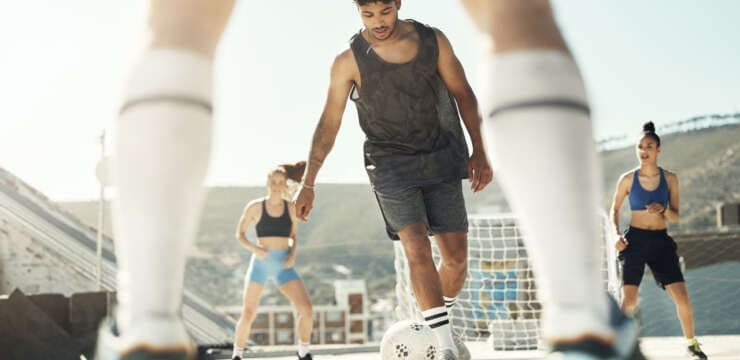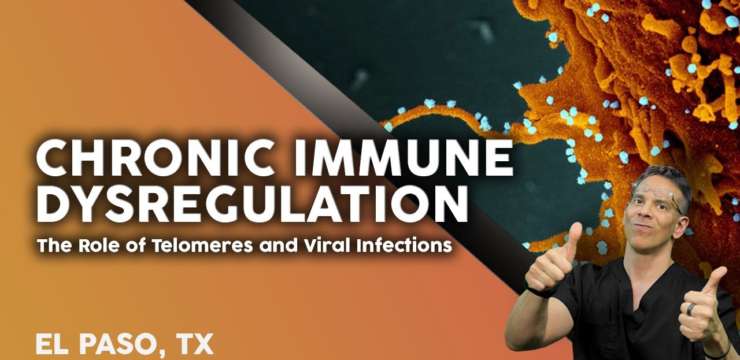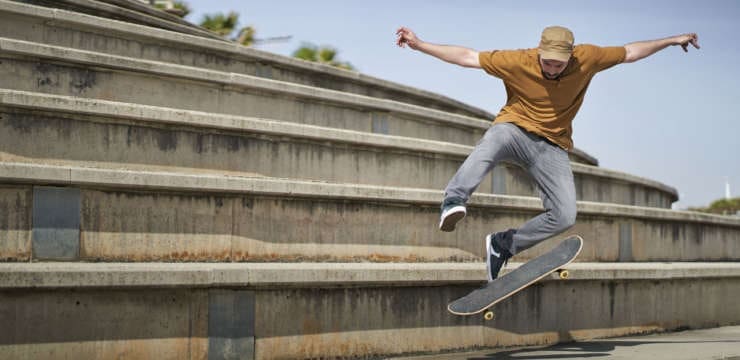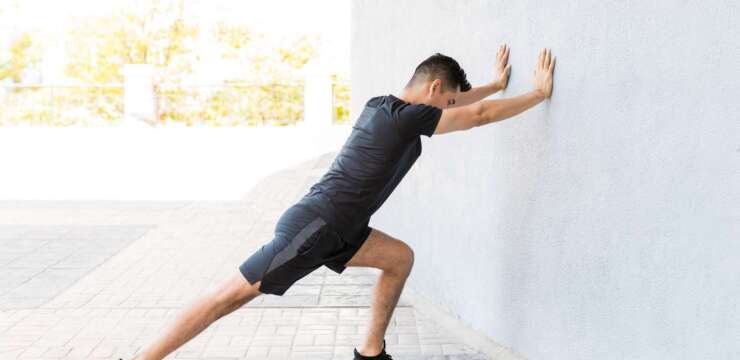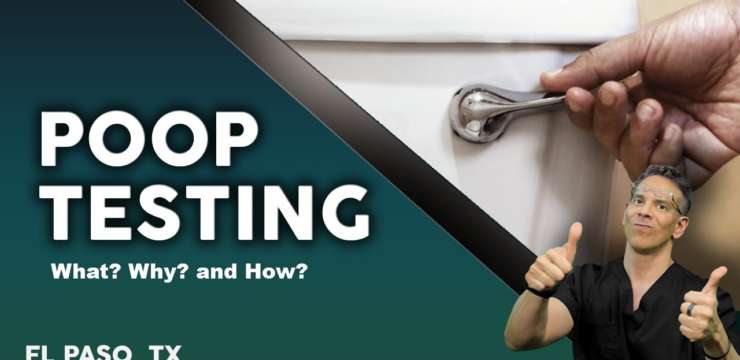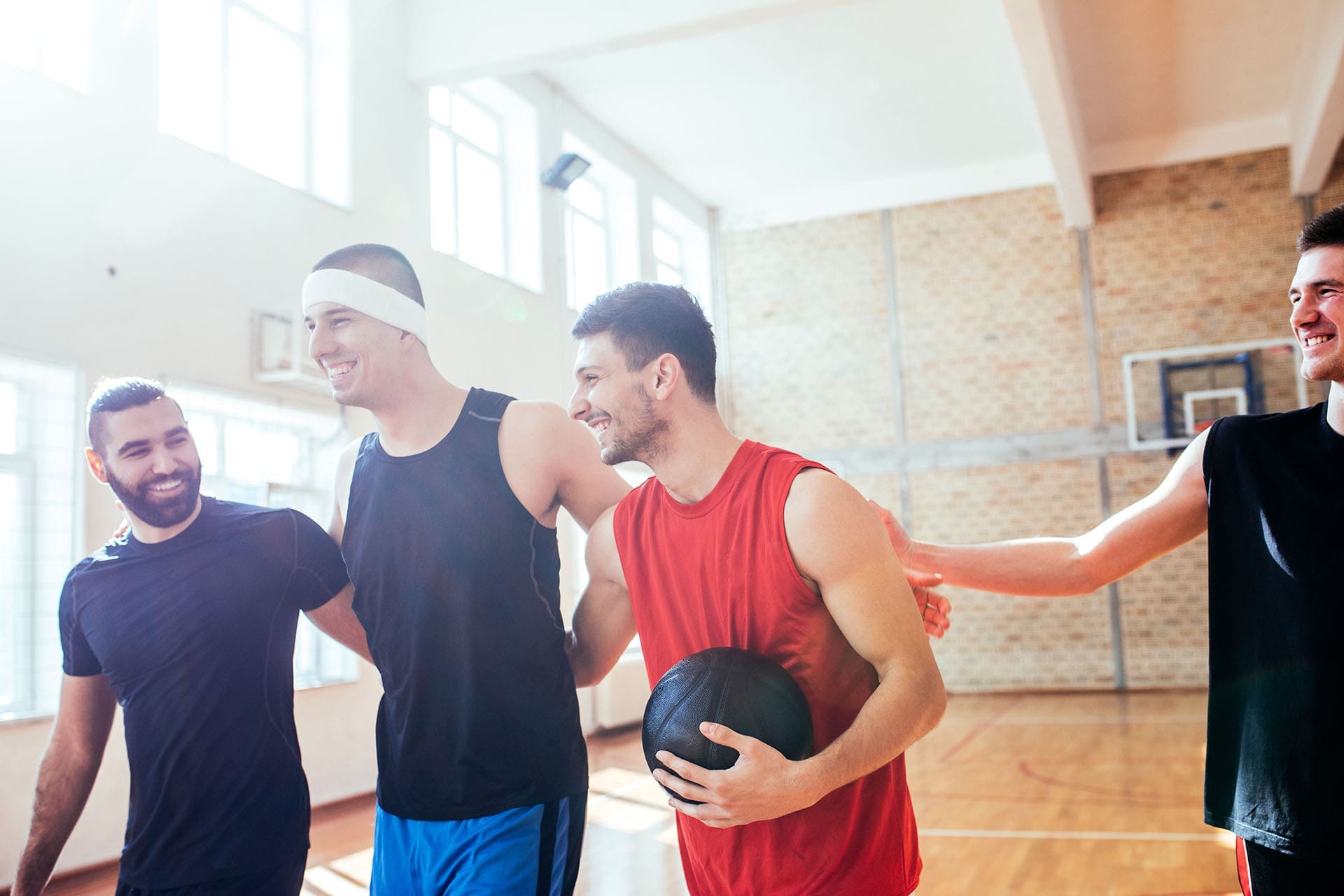
Table of Contents
Rehabilitative Sports and Integrative Care for Traumatic Brain Injury Recovery
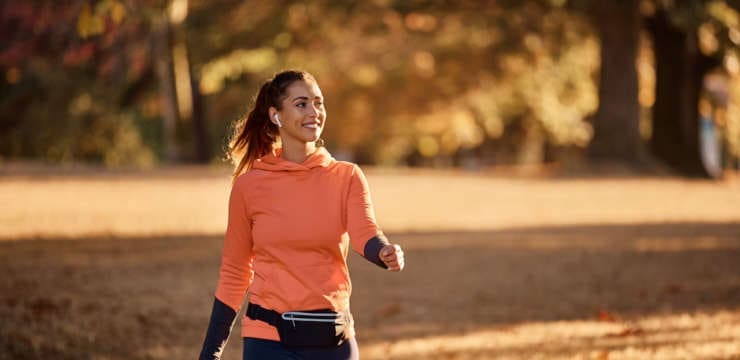
Traumatic brain injury, or TBI, happens when a bump or blow to the head harms the brain. It can come from falls, car crashes, or sports. People with TBI often face problems like poor balance, weak coordination, pain, and changes in mood or thinking. But there is hope. Rehabilitative sports and adaptive activities can help them get better. These include specialized sports that suit a person’s needs. Furthermore, integrative chiropractic care and nurse practitioners play big roles in support. Chiropractors work on spine alignment and pain relief. Nurse practitioners help plan care, manage medications, and monitor health to keep patients safe. This article examines ways to recover, offering easy steps and tools for a better life (BrainLine, n.d.a).
Many people with TBI feel alone after their injury. Adaptive sports bring them back into action and connect them with others. These sports are like regular ones but modified by tools or rules. For example, someone might use a special bike or chair to play. This helps build strength and confidence. Studies show that moving more sends oxygen to the brain, which aids healing (BrainLine, n.d.b). Getting active also helps fight sadness and gives a sense of purpose.
What Are Adaptive Sports for TBI?
Adaptive sports let people with disabilities join in fun and exercise. They are key to TBI recovery because they work on the body and mind at once. Depending on the severity of the injury, a person might need simple changes or specialized gear. A doctor or therapist can help pick the right ones. Here are some common adaptive sports and how they help:
- Adaptive Basketball: Played in wheelchairs or with lower hoops. It boosts hand-eye coordination and team skills. People learn to move fast and think quickly, which helps brain function (BrainLine, n.d.a).
- Therapeutic Riding or Hippotherapy: Involves horses. The horse’s walk helps with balance and posture. It also calms the mind and builds trust. Research shows it improves walking speed and strength (Groth, n.d.).
- Swimming and Water Sports: Water makes movement easier by supporting weight. Gentle swims or aerobics build muscles without stress. This is great for balance and reducing pain (Brain Injury Center, n.d.a).
- Canoeing or Kayaking: Adapted with stable boats or helpers. It works on arm strength and coordination. Being on water adds calm and focus (BrainLine, n.d.a).
- Tai Chi: Slow moves that improve balance and calm. It’s low-impact and can be done sitting. This helps with focus and reduces stress (Brain Injury Center, n.d.b).
- Hiking: Light walks in nature on easy-to-follow paths. It boosts mood and physical health. Use walkers or guides if needed (Krysalis Consultancy, n.d.).
- Adaptive Water Sports like Sailing: Use boats with changes for safety. It teaches planning and teamwork, which is good for brain recovery (BrainLine, n.d.b).
These sports require adaptations based on skill level. For example, someone with weak arms might use straps on paddles. Start slow to avoid overdoing it. Therapists check progress and adjust plans (Cantu & Hainline, 2012).
Benefits go beyond the body. Playing sports releases beneficial chemicals in the brain that lift mood. It also connects people, reducing loneliness. One story tells of a person with TBI who joined adaptive skiing and felt alive again (BrainLine, n.d.b). Overall, these activities improve quality of life.
How Rehabilitative Sports Improve Balance and Coordination
Balance and coordination often suffer after TBI. Sports help fix this by challenging the body in safe ways. For instance, tai chi uses slow shifts in weight to train balance. Swimming works core muscles for stability. Over time, these build better control.
Research shows a step-by-step plan works best. Start with rest, then add light moves like walking. Move to sports-specific drills without contact. This prevents new injuries (Cantu & Hainline, 2012). Tools like balance boards or therapy balls can help at home.
- Exercises for Balance: Seated marching or heel-toe raises. These are simple and build strength (Illinois Government, n.d.).
- Coordination Drills: Balloon toss or gentle games. They improve hand-eye skills (Brain Injury Center, n.d.b).
- Advanced Options: Martial arts or rock climbing with adaptations. These tests focus on movement (BrainLine, n.d.a).
These activities also improve mental health. Better balance means less fear of falling, which boosts confidence. Hiking in nature reduces stress and helps clear thinking (Talented Ladies Club, n.d.).
Mental and Physical Health Benefits
TBI can cause depression or anxiety. Sport fights this by giving purpose. Team games like basketball build friendships. Solo ones like yoga bring peace.
Physically, activity reduces pain and inflammation. It strengthens the heart and muscles. Mentally, it sharpens memory and attention. Games like puzzles in sports help cognition (Flint Rehab, n.d.).
Community outings add value. Going to parks or events helps practice real-life skills. This builds independence (Encompass Health, n.d.).
Role of Integrative Chiropractic Care in TBI Recovery
Chiropractic care focuses on the spine and nerves. For TBI, it helps with neck pain. Adjustments align the spine, easing headaches and improving flow to the brain (Atlas Wellness, n.d.).
Integrative means mixing with other therapies. Chiropractors use exercises to build strength. This prevents re-injury and speeds healing (Injury 2 Wellness, n.d.).
- Pain Management: Adjustments reduce inflammation and nerve pressure (Essential Chiro Care, n.d.).
- Balance Support: Vestibular exercises retrain the body (My Balance Matters, n.d.).
- Cognitive Help: Combined with brain games for memory (Assured Assisted Living, n.d.).
Chiropractors work as part of a team for comprehensive care. This holistic approach considers diet and stress as well (Integrative Chiropractic, n.d.).
Clinical Observations from Dr. Alexander Jimenez
Dr. Alexander Jimenez, DC, APRN, FNP-BC, has over 30 years in care. He runs a clinic in El Paso focusing on injuries like TBI. He notes sleep is key for brain healing. Good rest helps thinking after the head hits. He also links TBI to gut health via the nervous system. Stress makes recovery harder, so he teaches ways to relax (Jimenez, n.d.a).
As a nurse practitioner, he plans full care. This includes medications and safety checks for sports. He uses functional medicine to correct root problems. For example, a diet rich in healthy fats supports brain repair. He works with sports rehab teams, like after martial arts injuries (Jimenez, n.d.b).
His observations show that integrative care reduces pain and improves function. Patients get back to activities faster with this mix.
Role of Nurse Practitioners in Supporting Recovery
Nurse practitioners coordinate care for TBI. They manage meds to control pain or mood. They monitor for issues and ensure sports are safe. Working with chiropractors, they create plans that fit the person.
They teach about health and monitor progress. This keeps activities effective. For example, they adjust doses if exercise causes problems (Jimenez, n.d.a).
In teams, they link doctors, therapists, and families. This full view helps long-term success.
Combining Sports, Chiropractic, and Nurse Care
Putting it all together works best. Start with rest, then add sports with adaptations. Chiropractic fixes alignment for better movement. Nurse practitioners oversee health.
A plan might include weekly swimming, chiropractic visits, and med checks. This improves balance, cuts pain, and lifts mood (Cantu & Hainline, 2012).
Home activities like gardening add daily practice (Flint Rehab, n.d.). Always talk to pros before starting.
Challenges and Tips
Not everyone can do all sports right away. Start small and build up. Watch for tiredness or pain. Use tools like apps for tracking.
Find local groups for adaptive sports. They offer support and fun.
Recovery takes time, but steady effort pays off. Many regain skills and joy.
In summary, rehabilitative sports like adaptive basketball and swimming help TBI recovery. Integrative chiropractic handles pain and alignment. Nurse practitioners ensure safe care. Together, they boost physical and mental health, leading to better lives.
References
Assured Assisted Living. (n.d.). Physical rehabilitation activities that aid brain injury recovery.
Atlas Wellness. (n.d.). Natural recovery from concussion and TBI.
Brain Injury Center. (n.d.a). Article 214.
Brain Injury Center. (n.d.b). Article 223.
BrainLine. (n.d.a). Adaptive sports.
BrainLine. (n.d.b). The healing power of adaptive sports for people with TBI, PTSD, spinal cord injury, and other challenges.
Cantu, R. C., & Hainline, B. (2012). Traumatic brain injury in sports: A review.
Encompass Health. (n.d.). Community outings for individuals with brain injuries.
Essential Chiro Care. (n.d.). Regaining your function, reducing pain, and more – The benefits of physical therapy for a TBI.
Flint Rehab. (n.d.). 15 fun, therapeutic activities for brain injury patients that help boost recovery.
Groth, S. (n.d.). Horses as healers.
Illinois Government. (n.d.). Traumatic brain injury recovery.
Injury 2 Wellness. (n.d.). Optimizing recovery: Chiropractic exercises for injury rehabilitation.
Integrative Chiropractic. (n.d.). The power of rehabilitation in chiropractic care: Enhancing recovery and preventing re-injury.
Jimenez, A. (n.d.a). El Paso, TX doctor of chiropractic.
Jimenez, A. (n.d.b). Dr. Alexander Jimenez DC, APRN, FNP-BC, IFMCP, CFMP, ATN ?.
Krysalis Consultancy. (n.d.). Over 200 home activities for brain injury survivors.
My Balance Matters. (n.d.). Chiropractic care for concussions: A holistic approach to recovery and rehabilitation.
Talented Ladies Club. (n.d.). Adaptive sports and recreation for people with paralysis: How to stay active.
Disclaimers
Professional Scope of Practice *
The information herein on "Rehabilitative Sports and Integrative Care for TBI" is not intended to replace a one-on-one relationship with a qualified health care professional or licensed physician and is not medical advice. We encourage you to make healthcare decisions based on your research and partnership with a qualified healthcare professional.
Blog Information & Scope Discussions
Welcome to El Paso's wellness blog, where Dr. Alex Jimenez, DC, FNP-C, a board-certified Family Practice Nurse Practitioner (FNP-C) and Chiropractor (DC), presents insights on how our team is dedicated to holistic healing and personalized care. Our practice aligns with evidence-based treatment protocols inspired by integrative medicine principles, similar to those found on dralexjimenez.com, focusing on restoring health naturally for patients of all ages.
Our areas of chiropractic practice include Wellness & Nutrition, Chronic Pain, Personal Injury, Auto Accident Care, Work Injuries, Back Injury, Low Back Pain, Neck Pain, Migraine Headaches, Sports Injuries, Severe Sciatica, Scoliosis, Complex Herniated Discs, Fibromyalgia, Chronic Pain, Complex Injuries, Stress Management, Functional Medicine Treatments, and in-scope care protocols.
Our information scope is limited to chiropractic, musculoskeletal, physical medicine, wellness, contributing etiological viscerosomatic disturbances within clinical presentations, associated somato-visceral reflex clinical dynamics, subluxation complexes, sensitive health issues, and functional medicine articles, topics, and discussions.
We provide and present clinical collaboration with specialists from various disciplines. Each specialist is governed by their professional scope of practice and their jurisdiction of licensure. We use functional health & wellness protocols to treat and support care for the injuries or disorders of the musculoskeletal system.
Our videos, posts, topics, subjects, and insights cover clinical matters, issues, and topics that relate to and directly or indirectly support our clinical scope of practice.*
Our office has reasonably attempted to provide supportive citations and has identified the relevant research studies or studies supporting our posts. We provide copies of supporting research studies available to regulatory boards and the public upon request.
We understand that we cover matters that require an additional explanation of how they may assist in a particular care plan or treatment protocol; therefore, to discuss the subject matter above further, please feel free to ask Dr. Alex Jimenez, DC, APRN, FNP-BC, or contact us at 915-850-0900.
We are here to help you and your family.
Blessings
Dr. Alex Jimenez DC, MSACP, APRN, FNP-BC*, CCST, IFMCP, CFMP, ATN
email: coach@elpasofunctionalmedicine.com
Licensed as a Doctor of Chiropractic (DC) in Texas & New Mexico*
Texas DC License # TX5807
New Mexico DC License # NM-DC2182
Licensed as a Registered Nurse (RN*) in Texas & Multistate
Texas RN License # 1191402
ANCC FNP-BC: Board Certified Nurse Practitioner*
Compact Status: Multi-State License: Authorized to Practice in 40 States*
Graduate with Honors: ICHS: MSN-FNP (Family Nurse Practitioner Program)
Degree Granted. Master's in Family Practice MSN Diploma (Cum Laude)
Dr. Alex Jimenez, DC, APRN, FNP-BC*, CFMP, IFMCP, ATN, CCST
My Digital Business Card

